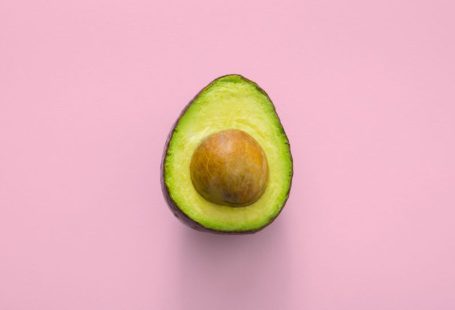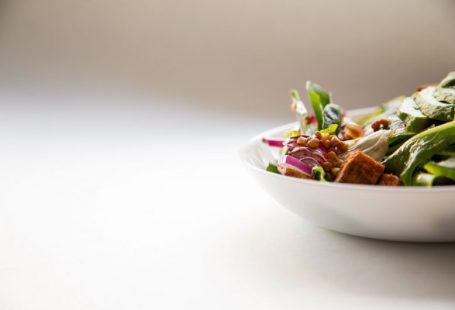In recent years, there has been a growing interest in alternative forms of therapy that go beyond traditional medical interventions. One such approach that has gained popularity is culinary therapy, a unique form of therapy that combines the art of cooking with mental health and wellness practices. This innovative approach leverages the therapeutic benefits of preparing and enjoying food to improve overall well-being. Let’s delve deeper into the health aspects of culinary therapy and how it can benefit individuals seeking a holistic approach to self-care.
The Therapeutic Power of Cooking
Cooking is often viewed as a mundane daily task, but it can also be a powerful tool for promoting mental and emotional well-being. Engaging in the process of preparing a meal can be a meditative and calming experience, allowing individuals to focus on the present moment and connect with their senses. The act of chopping, stirring, and tasting can be a form of mindfulness practice, helping to reduce stress and anxiety levels.
Furthermore, cooking can be a creative outlet for self-expression. Experimenting with different ingredients, flavors, and cooking techniques can be a source of inspiration and a way to channel emotions into a productive activity. For individuals struggling with mental health issues such as depression or anxiety, the act of cooking can provide a sense of accomplishment and fulfillment, boosting self-esteem and confidence.
Nutritional Benefits of Culinary Therapy
Beyond its therapeutic benefits, culinary therapy also offers numerous nutritional advantages. By preparing meals from scratch, individuals have greater control over the ingredients they use, allowing them to make healthier choices and tailor their meals to their specific dietary needs. This hands-on approach to cooking can lead to a greater awareness of portion sizes, food quality, and balanced nutrition, ultimately promoting better overall health.
Moreover, cooking at home encourages individuals to consume more whole foods and fewer processed foods, which are often high in unhealthy fats, sugars, and additives. By prioritizing fresh, nutrient-dense ingredients, individuals can improve their diet quality and support their physical well-being. The act of cooking can also foster a deeper appreciation for food and where it comes from, leading to more mindful eating habits and a healthier relationship with food.
Social and Emotional Benefits
Culinary therapy extends beyond the individual act of cooking and eating, offering social and emotional benefits as well. Cooking together with family members, friends, or support groups can strengthen bonds and foster a sense of community. Sharing a meal that was created collaboratively can create meaningful connections and provide a sense of belonging and camaraderie.
Moreover, culinary therapy can be a valuable tool for managing emotions and processing difficult experiences. For some individuals, cooking can serve as a form of self-care and a way to cope with stress, grief, or trauma. The act of preparing a comforting meal or trying a new recipe can be a form of self-soothing and a way to express emotions in a constructive manner.
Incorporating Culinary Therapy into Daily Life
Integrating culinary therapy into daily life does not require professional training or elaborate cooking skills. Simple practices such as setting aside time to cook a meal from scratch, trying new recipes, or exploring different cuisines can all contribute to the therapeutic benefits of cooking. Mindful eating, savoring each bite, and being present during meals can also enhance the experience and promote a greater connection to food and body awareness.
For those interested in exploring culinary therapy further, seeking out cooking classes, workshops, or online resources can provide guidance and inspiration. Additionally, incorporating elements of culinary therapy into existing self-care routines, such as meal planning, grocery shopping, and cooking for loved ones, can help individuals reap the physical, emotional, and social benefits of this unique form of therapy.
Embracing the Healing Power of Food
In conclusion, culinary therapy offers a holistic approach to health and well-being, harnessing the therapeutic power of cooking to nourish the body, mind, and soul. By embracing the healing potential of food and the act of preparing meals, individuals can cultivate a deeper connection to themselves and others while promoting overall wellness. Whether seeking stress relief, nutritional support, or emotional healing, culinary therapy provides a versatile and accessible tool for self-care and personal growth. Start your culinary therapy journey today and discover the transformative benefits of cooking for health and happiness.





